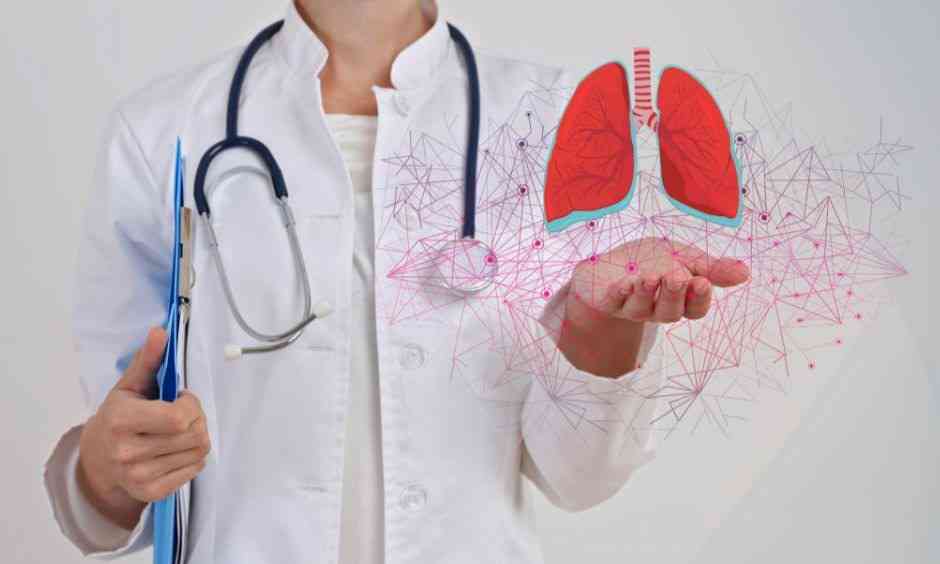The field of medicine is large, and there are many different areas that medical professionals can are experts in. A great area of expertise is pulmonology, which targets the prognosis and management of lung-related disorders. But what exactly does a pulmonologist do? With this post, we are going to be studying the part of a pulmonologist in depth, including their day-to-day responsibilities and the types of circumstances they deal with.
What is a Pulmonologist?
A pulmonologist is a doctor who is an expert in dealing with issues associated with the respiratory system method. This can involve problems like asthma, pneumonia, tuberculosis, long-term obstructive pulmonary illness (COPD), and lung cancer. Pulmonologists will also be taught to deal with apnea as well as other sleep at night-connected respiration disorders.
Everyday Obligations
The daily commitments of a pulmonologist can vary according to their niche and work setting. In private practice, for instance, a pulmonologist may see sufferers for consultations, perform analytical assessments including breathing tests and bronchoscopies, and develop therapy programs. In a medical center environment, a pulmonologist may be responsible for dealing with sufferers within the extensive treatment unit (ICU) who definitely are on mechanized ventilation or have severe respiration stress.
Forms of Conditions Treated
As pointed out above, pulmonologists handle a wide range of conditions relevant to the respiration process. In this article are some of the most frequent conditions handled by pulmonologists:
Bronchial asthma: A persistent situation that causes swelling and thinning of the breathing passages, ultimately causing trouble inhaling.
Chronic Bronchitis: A sort of COPD observed as irritation in the bronchial pipes and unwanted mucus production, leading to coughing and difficulty respiration.
Emphysema: Another type of COPD that requires damage to air sacs inside the lungs, ultimately causing shortness of breath and issues breathing.
Lung Cancer: A malignant tumor that commences from the respiratory system and might spread out to other body parts.
Pneumonia: Contamination of the respiratory system that can be brought on by bacteria, infections, or fungus.
Schooling and Training
To be a pulmonologist, you must first total healthcare school and a residency in inside medicine. Right after doing residency, they need to then full a fellowship in pulmonary medicine, which typically endures 3 years. During this fellowship, pulmonologists acquire professional education in the medical diagnosis and management of lung-connected problems.
When you ought to See a Pulmonologist
Should you be experiencing any signs and symptoms linked to the respiration method, such as hacking and coughing, wheezing, breathlessness, or chest area ache, it might be a chance to see a pulmonologist. Dependant upon your signs or symptoms and medical history, your primary attention medical professional may point one to a pulmonologist for even more analysis and treatment method.
simple: Simply speaking, a pulmonologist has a important role from the prognosis and therapy for lung-connected problems. From symptoms of asthma and pneumonia to carcinoma of the lung and COPD, these specialists are trained to supply comprehensive treatment with their people. So when you are experiencing any signs linked to your respiratory system system, don’t hesitate to schedule a scheduled visit with a pulmonologist these days.


